⇩ Use your ears. Click below to hear this post.
As I previously wrote, there are many similarities between Turkish President Recep Tayyip Erdoğan and Israeli Prime Minister Binyamin Netanyahu. But despite these shared attributes and the fact that they have both dealt with ongoing corruption charges and investigations, Israel’s future will not look like Turkey’s present irrespective of whether or not Netanyahu is able to survive the current crisis and hang on to power. Turkey and Israel’s divergent trajectories point to the importance and power of structures and institutions, and how they can determine what direction a country takes despite the desires and inclinations of any individual leader.
When Erdoğan was first confronted with allegations of corruption, arrests of his political associates, and a wide-ranging investigation into the actions of those in his political circle, he had two immediate reactions. The first was to try and discredit the investigations – because they were carried out by Gülenist police and prosecutors – as biased and grounded in lies, and as a contrived effort by his enemies to bring down the government. This response was not unexpected, and in fact is substantively similar to Netanyahu’s current verbal broadsides against the Israeli police investigators looking into his actions or President Donald Trump’s constant attacks on the Federal Bureau of Investigations and other alleged deep state actors he says are trying to oust him. While these types of responses rely on mobilising political supporters by appealing to their basest instincts and may be ugly, they are not a direct attack on state institutions themselves, and most political leaders will use such rhetorical tactics in order to retain their supporters’ loyalty and allegiance. The fact that a politician employs populism as a weapon does not make it anti-democratic.
Erdoğan’s second response, however, was qualitatively different, which was to use the power of the state to sack police officers, prevent the arrest of suspects, hamper prosecutors, and eliminate any separation of powers between the government and the judiciary. It may be difficult to remember now in light of all that has gone on since the failed July 2016 coup, but Erdoğan’s efforts in 2013 to make independent state institutions subservient to his power were a substantive step beyond anything he had previously attempted. His success in this effort was due to his determination to survive politically, but also due to Turkey’s weak state institutions.
There is an irony in the fact that Erdoğan’s assault on the Gülen movement through his evisceration of the police and judiciary was enabled by the Gülen movement’s own weakening of those institutions in its own assault on the military during the Balyoz and Ergenekon investigations and trials. Erdoğan was thus able to take over the police and judiciary with relative ease.
Turkey’s turbulent history of vacillating between periods of authoritarianism and periods of shaky democratic rule also meant the strong state institutions and norms that may have constrained Erdoğan were absent. There was no credible or independent body powerful enough to stand in Erdoğan’s way as he used the power of the state to effectively make the corruption charges disappear.
There is no evidence to suggest that Netanyahu has the same strongly authoritarian instincts as Erdoğan, or that if given the opportunity he would employ similar offensive tactics against the state institutions currently responsible for investigating and possibly prosecuting him. But even if he did, the Israeli system would prevent him from doing so in a way that the Turkish system was not able to do with regard to Erdoğan.
For starters, Israel’s democracy has been in place since the founding of the state, and leaving aside the question of Israel’s military rule in the West Bank and its treatment of the Palestinians under its control, Israel’s political system is not in doubt. Israel also has a history of investigating, prosecuting, and jailing its leaders for misdeeds; Netanyahu’s predecessor, Ehud Olmert, was only just released from prison after serving nearly a year-and-a-half for corruption and following his resignation as prime minister while under investigation. That Israel has strong democratic institutions is a factor that was not present in Turkey, and that alone means that if Netanyahu is to wiggle out of his legal trouble, it will be because he is exonerated rather than because, like Erdoğan, he shuts down the investigation.
But the variance in political systems alone does not explain the difference. Israel’s institutions are also far stronger than Turkey’s, irrespective of democracy.
There is an Israeli concept called mamlakhtiyut, which is not directly translatable but essentially means fealty to the state itself above narrower party or sectarian concerns. Whether or not Israel still lives up to this ideal, its importance in the early days of the state meant the creation of strong and independent state institutions that were able to carve out their own space and check more populist instincts and policies. Even recent attempts by the Netanyahu government to change the way in which judges are appointed or limit the scope of judicial review for Knesset legislation has been beaten back.
Purging the police or firing prosecutors as Erdoğan did is simply not an available option for an Israeli leader.
Erdoğan survived his corruption scandals by going after Turkish state institutions and has only accumulated more power since. If Netanyahu survives his, it will not be by following Erdoğan’s playbook. While Erdoğan was able to take advantage of Turkey’s political system and break out of his box, Israel’s political system ensures that the box constraining Netanyahu is far more durable.
see source